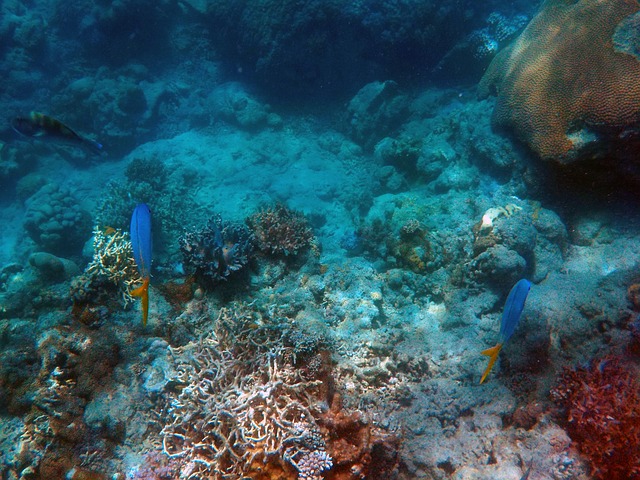Calls for deep seabed mining moratorium grow in face of growing international concerns
- August 20, 2019
- Posted by: administrator
- Category: Environmental, Technology & Innovation, Water Issues

The penultimate phase of UN negotiations to secure legal protection for biodiversity in the high seas and deep seabed area have started in New York against a backdrop of growing concern over the prospect of deep sea mining.
The new treaty under negotiation is intended to protect biodiversity, but a whole new frontier of biodiversity loss and potential species extinctions is simultaneously being considered by State members of the International Seabed Authority which is planning to adopt measures enabling mining of the deep seabed in international waters to commence.
The International Seabed Authority is a global regulatory body established under the UN Law of the Sea Convention which is currently in the process of negotiating regulations to open up international areas of the ocean to deep-sea mining.
Scientists have warned that biodiversity loss will be inevitable if deep-sea mining is permitted to occur and that the loss will be permanent on human timescales. In May this year the Intergovernmental Science-Policy Platform on Biodiversity and Ecosystem Services (IPBES), the intergovernmental body which assesses the state of the world’s biodiversity, issued a report warning that a million species are already at risk of extinction.
The Deep Sea Conservation Coalition (DSCC) is calling for a moratorium on deep sea mining and for Member States to reform the structure and functioning of the International Seabed Authority to ensure a transparent, accountable, inclusive and environmentally responsible decision-making and regulatory process.
DSCC coordinator Sian Owen said:
“There should be a moratorium until the environmental, social and economic risks are comprehensively understood and it can be clearly demonstrated that deep seabed mining can be managed to ensure the protection of the marine environment and prevent loss of biodiversity.”
Last week Fiji’s Prime Minister Bainimarama called on fellow Heads of State from Pacific Island nations to support a 10-year moratorium on seabed mining to allow for scientific research on potential impacts in the island nations’ waters.
His call was supported by Vanuatu and Papua New Guinea. Civil society and community groups in Papua New Guinea and across the Pacific have been campaigning against seabed mining in national waters for many years.
According to DSCC, there should be a moratorium on deep seabed mining, the issuing of exploitation and new exploration contracts and the adoption of seabed mining regulations for exploitation, including the International Seabed Authority Exploitation Regulations, until:
- The environmental, social and economic risks are comprehensively understood;
- It can be clearly demonstrated that deep seabed mining can be managed in such a way that ensures the effective protection of the marine environment and prevents loss of biodiversity;
- Where relevant, there is a framework in place to respect the free, prior, informed consent of Indigenous peoples and to ensure consent from potentially affected communities;
- Alternative sources for the responsible production and use of the metals also found in the deep sea have been fully explored and applied, such as reduction of demand for primary metals, a transformation to a resource efficient, closed-loop materials circular economy, and responsible terrestrial mining practices;
- Public consultation mechanisms have been established and there is broad and informed public support for deep seabed mining
DSCC co-founder Matthew Gianni commented:
“This is a once in a generation opportunity to protect the ocean’s global commons and the life support it provides to our entire planet. It would be a true tragedy of the commons if the international community of nations negotiates a new treaty for the conservation of marine biodiversity on the high seas on the one hand, while at the same time adopts regulations to open up a whole new frontier of biodiversity destruction in its depths.”
